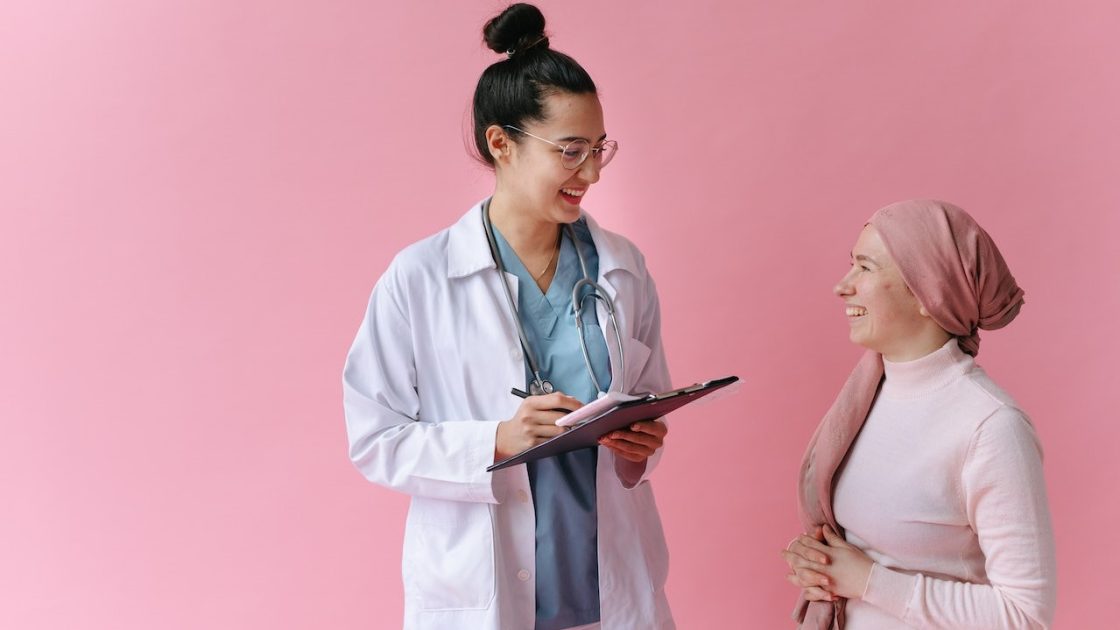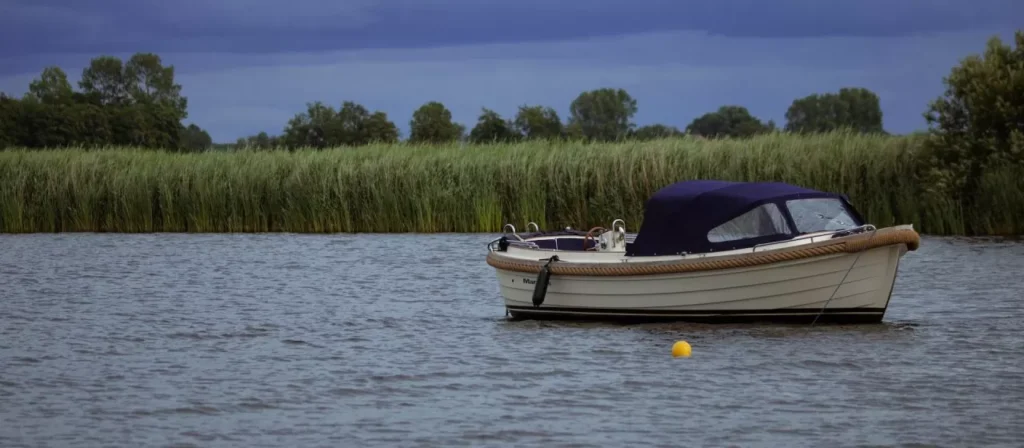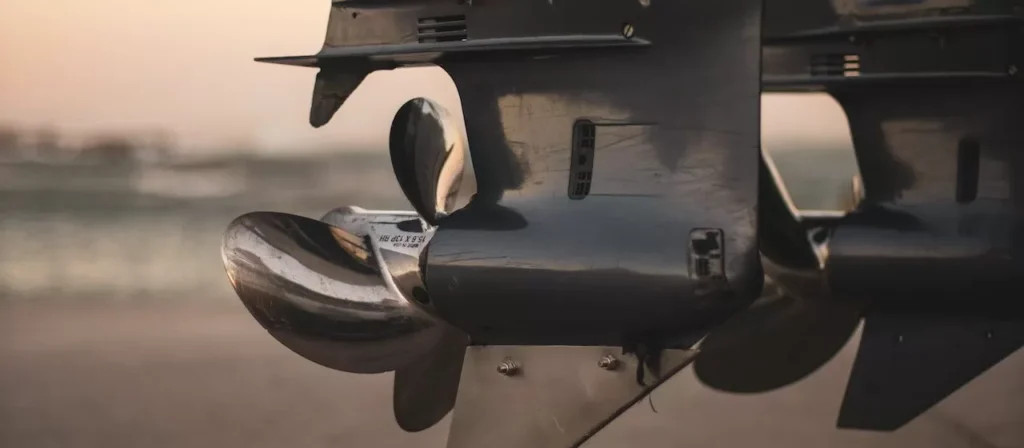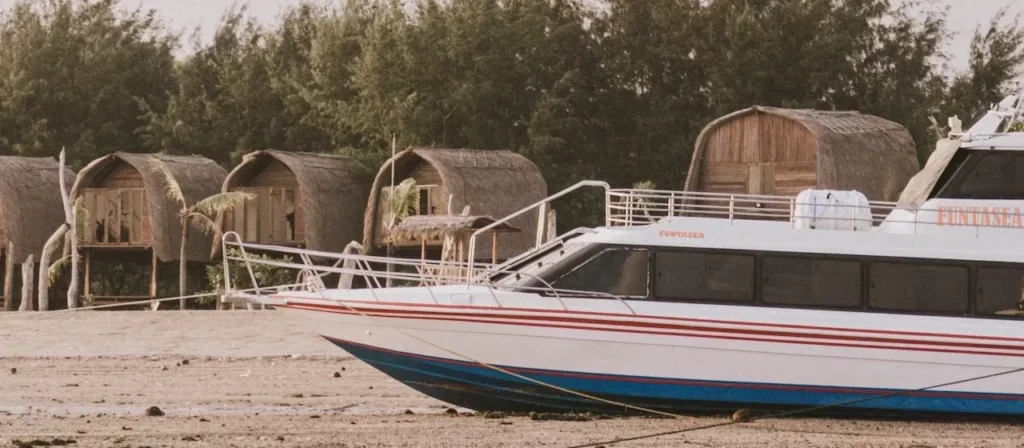Do You Feel Small, Movable ‘Marbles’ Under Your Skin?
It’s easy for a woman to panic when she discovers a breast lump. However, not all tumors found in the breast are cancerous. One of the most common types of benign or non-cancerous tumors is fibroadenoma.
Fibroadenomas may feel like small and movable marbles underneath the skin. Each of them is about 1-2 cm in size with a well-defined shape. They could feel smooth, firm, hard, or rubbery. One or more of these tumors can occur in one or both breasts.
These benign tumors are common among women between the ages of 15 and 35. In most cases, the lumps are discovered when they perform at-home breast self-examination. Although this kind of tumor is usually painless and non-life-threatening, it may still require some type of treatment.
What Are the Top Causes of Fibroadenomas?
Although the exact answers to this question remain unclear, medical experts state that estrogen, the primary female sex hormone, plays a critical role in the development of these tumors. Other health care professionals link fibroadenomas in women under 20 years old to oral contraceptives that cause hormonal imbalance. Other medical experts attribute fibroadenoma development to pregnancy and certain types of foods that act as stimulants.
What Are the Different Types of Fibroadenomas?
Aside from simple fibroadenomas, this type of tumor can be classified into four distinct types — complex fibroadenomas, juvenile fibroadenomas, giant fibroadenomas, and phyllodes tumors. Take a closer look at each one of them here:
1. Complex fibroadenomas
Complex adenomas are characterized by hyperplasia or abnormal and fast cell growth. This is diagnosed by a pathologist only after examining a tissue that was removed for biopsy.
2. Juvenile fibroadenomas
This is commonly found in females between 10 and 18 years old. Although these fibroadenomas can grow in size, most of them tend to shrink and disappear over time.
3. Giant fibroadenomas
A giant fibroadenoma can be bigger than 5 centimeters or 2 inches. Due to their size, this type of tumor would have to be removed via surgery because they can press on and affect your normal breast tissue.
4. Phyllodes tumor
In most cases, this type of fibroadenomas is benign. However, some of them can also become malignant. That’s why doctors often advise patients with this condition to undergo a surgical procedure to have the tumors removed.
What Are the Options for Treatment?
Two types of treatment options are usually carried out to address fibroadenomas — surgery and vacuum-assisted (VAC/VAB) excision biopsy. For large, juvenile, and complex fibroadenomas, doctors recommend a surgical procedure that’s performed under general anesthesia. On the other hand, VAC/CAB is only recommended for smaller fibroadenomas with the use of local anesthesia.
Want to Help Those Who’ve Been Diagnosed with Breast Cancer?
You need not worry if you’ve been diagnosed with fibroadenomas. Just make sure to consult your health care provider to address this issue for your peace of mind. You can still count yourself lucky since other women have been diagnosed with far more serious diseases such as invasive breast cancer.
If you feel sympathy for these women and want to help them, you can do so by simply donating any type of vehicle to us at Breast Cancer Car Donations. We’ll use your donation to help financially struggling women in your area who have been diagnosed with the life-threatening disease.
Our team will have your car auctioned off, with the proceeds going to leading breast cancer nonprofit organizations that are in partnership with us. These nonprofits cater to uninsured and destitute breast cancer patients, providing them with easy access to top medical facilities in their area as well as financial assistance to cover the costs of their treatments, hospitalization, medications, and follow-up care. Other beneficiaries get to receive free breast cancer screening and prevention and education services.
As our way of saying “thank you,” we’ll pick up and tow your vehicle for free and at your convenience.
Since our partners are IRS-certified 501(c)(3) nonprofits, your donation will entitle you to receive the maximum tax deduction in the next tax season.
Even more precious than these material rewards, you’ll find awesome satisfaction in knowing that your donation will be used to help save lives.
You can donate almost any type of vehicle, including your deceased relative’s camper van or your dad’s old snowmobile. The vehicle doesn’t need to be in good condition. In many cases, we accept even vehicles that are no longer running.
Your location should not be a problem since we can collect your donation anywhere in the United States.
For more information about our donation program, including our quick and convenient donation process, feel free to visit our FAQs page. Give us a call at (866) 540-5069 or contact us here if you have any inquiries or concerns.
Reach Out to Breast Cancer Sufferers Today!
[caption id="attachment_21766" align="alignnone" width="1120"] Photo by Ivan Samkov under Pexels License[/caption]
Photo by Ivan Samkov under Pexels License[/caption]Are you ready to extend a helping hand to the suffering breast cancer patients in your community today? Your car donation can help save their lives. Call Breast Cancer Car Donations at (866) 540-5069 or fill out our online donation form now!




